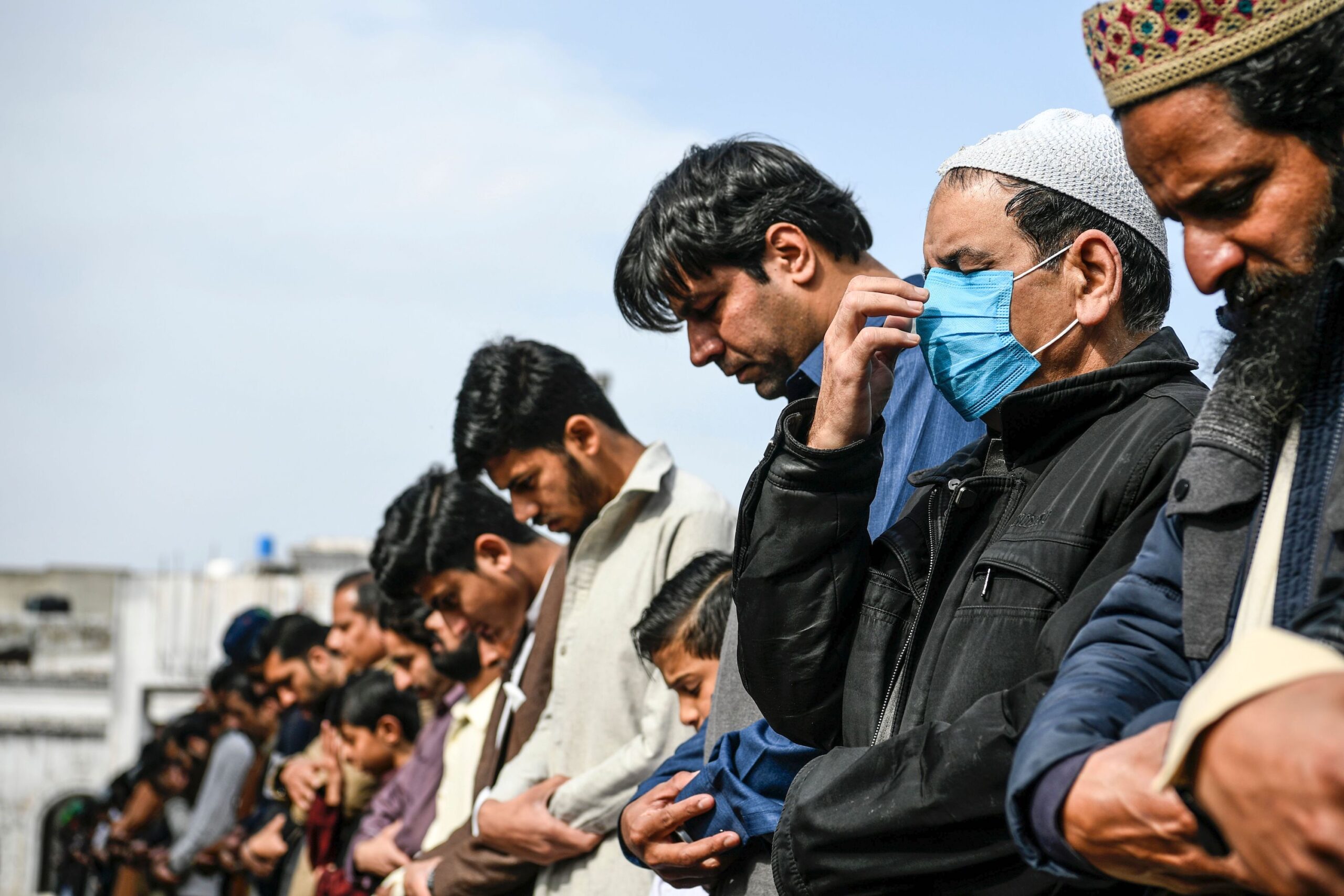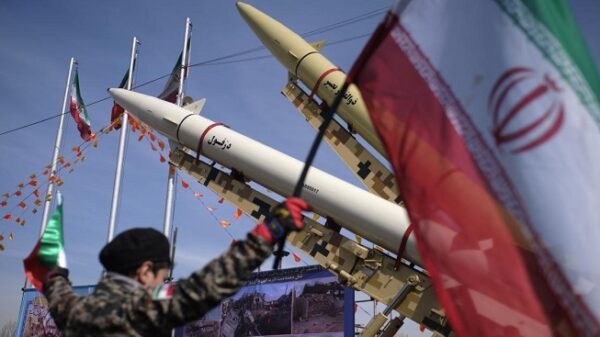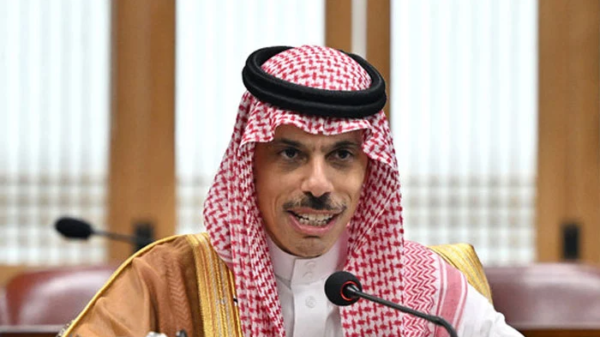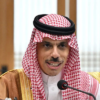Article by: Mustaneer Gauher
The ongoing pandemic outbreak of COVID-19 has globally affected 213 countries and territories with millions confirmed cases and more than 1.6 million casualties. Experts have warned from the start the outbreak has the potential of adversely affecting the psychological health at both individual and community level. Hard evidence is now piling up to confirm the pandemic is leading to intense psychosocial issues while pushing mental health off the global health agenda all around the world, relegating to a secondary health concern.
Few realise and fewer can care the compelling emergency calls for comprehensive research work on psychological health and mental well-being of the community.
While scientists, clinicians, local and international health organizations and authorities, epidemiologists and virologists are working on many unanswered questions of the outbreak, the general public, global media and opinion-makers are responding to this uncertainty based on limited and sketchy knowledge. This has further elevated the repercussions in the lives of people in the wake of COVID-19.
Health organizations and healthcare professionals are focusing on controlling the COVID-19 pandemic by recommending self-isolation, social distancing and quarantine, with the slightest emphasis on the impact of psychological health. An extended period of incubation longer than usual due to public uncertainty is the by-product of infiltrated misinformation and disinformation on social media.
This worldwide public health emergency concerns the role and responsibility of medical workers, global impact of infection, impact of economic activities on travel and trade restrictions, and equitable care of public welfare and individual rights during the spread of pandemics.
Psychological health effects could be minimized by avoiding exces- sive exposure to COVID-19 media coverage and maintaining positive lifestyle and compassionately consoling others as well. Resilience training programs for medical staff, law enforcement agents and general public to cope with the aftereffects of the pandemic of this severity and intensity should be introduced. Such a program would incorporate
(a) family–work life balance;
(b) reliable, authentic and timely incorporated information about the infectious disease and its consequences on psychological health;
(c) educating and preparing communities for pandemics and epidemics in the future; and
(d) and validating and valuing frontline’s staff’s contribution.
All efforts should be directed toward minimizing the negative effects of this traumatic pandemic event on ‘survivors’. The vulnerable population are susceptible to not just contacting the coronavirus but the psychological trauma as well. Such populations include children, older adults, pregnant women, people with existing physical and mental illnesses, victims of abuse and violence, people living with abusers and perpetrators, people living below the poverty line, etc.
Many people are going through interpersonal traumatic events as well in addition to the collective trauma of COVID-19: Domestic violence (gender-based violence or GBV), abuse, financial burden, loneliness, emotional and behavioural problems, grief and bereavement, fear of losing family, mental health issues, and physical injuries or fatalities.
Mental health services, facilities and specialized psychiatric treatment teams including psychologists, psychiatrists, and psychiatric nurses should be established to address psychological health concerns of the general public. Individuals and communities would do well to cultivate resilience, healthy coping strategies, mindfulness and well-being.
The potential for resilience, coping, mindfulness and well-being are neither unique traits that one possesses (or not) nor outcomes of the absence of post-traumatic stress. The capacity for resilience is a process of adaptation. A coping mechanism is a learned pattern of behaviour which one develops over a period of time. Mindfulness is the psychological process of purposely bringing one’s attention in the present moment which one develops with practice. Well-being is the experience of being comfortable in their situation.
These all are processes that can be acquired with practice. These are not single dichotomous outcomes. Strengthening these processes calls for deliberately reinforced practice by experiencing and learning dynamically.
Conspiracy theories are only exacerbating the mental composure of the public. The authorized health organizations and state should enforce and ensure reliable online information through reliable sharing platforms to provide and promote tele-psychological counselling and psychotherapeutic treatments to reduce psychological distress during the pandemic.
There is a percolating impression among the citizenry regarding the lockdown as a large group of people seems to think the pandemic lockdown is a holiday or vacation. They are intent on having a goodtime and would go to any lengths to draw out others. This is dangerous behaviour heightening risk of exposure to infection.
Another group would burden everybody with additional, often steep occupational or academic routines. There are social media campaigns goading all and sundry with quotes saying if you don’t come out of this quarantine with a new skill, your side-hustle started, or more knowledge gained, then you never lacked time, you lacked discipline. Such activities are putting additional stress on the mental health of individuals and society.
The psychological pressure of competing in collecting maximum tasks than other peers, harnessing herd of followers and subscribers, producing occupational and academic outcomes under the coercion of work or family, and downplaying the trauma in oneself and others will have devastating effects on mental well-being.
Spirituality is recognized as an essential aspect – even one of the most important ones – to psychological wellness. Spirituality is understood to be the central core in various models of holistic wellbeing or wellness.
Religion and spirituality are both rooted in understanding the meaning of life and, in some cases, how a relationship with higher power may influence that meaning. Both can help a person tolerate stress by generating peace, meaning and purpose and forgiveness.
Spirituality also incorporates healthy practices for the mind and body. Individuality, mindfulness and unity with surroundings are some of the benefits it offers. It provides inspiration and motivation, meaning and purpose for other dimensions – such as intellectual, physical, occupational, emotional and social.
Spirituality practices have been recognized as a powerful coping mechanism for dealing with life-changing and traumatic events.
Research has shown that families rely on their spirituality for emotional, mental and physical well-being.
During COVID-19, does spiritual care contribute as a coping strategy for practitioners and families? seems to be a least addressed question till the date.
The question how spirituality factors into the global and national endeavour to cope with the pandemic has been missing from public discourse. In the time of COVID-19, does spiritual care contribute as a coping strategy for practitioners and families? It certainly can – and in a big way.
Healthcare workers need to create a supportive environment to promote interdependence through a transformative approach of spiritual care. Patients and their families should be treated with dignity and be allowed a voice irrespective of gender, religion, culture, race, sexual orientation, and disability.
There is no denying that spiritual wellness leads to psychological wellbeing. It is well known that people with high scores on spiritual wellness scale tend to have better capacity to cope well with calam- ities, failures, and uncertainty.
Spiritual care is based on an integrative bio-psycho-socio-spiritual model that requires a specific set of skills including spiritual assessment skills and the ability to refer patients to pastoral care or other types of intervention services focused on spirituality.
Spiritual care comprises activities to promote the quality of life and well-being. Activities include compassionate presence, active listening to patients’ fears, hopes and dreams, being attentive to all spheres of patients’ lives and their families.
However, in terms of COVID-19, some of the activities, such as the involvement of religious scholars or chaplains and spiritual practices can be limited because of precautionary measures. For this reason, under the current circumstances, healthcare professionals and families should be extra-sensitive to the spiritual needs of their patients and their own, as studies have reported that patients’ reliance on spirituality increases during life-changing events.
This, however, may be challenging, because while many health professionals agree spiritual care is important, many are ill-equipped to provide or orchestrate it. A collaborative effort may be required to draw on the expertise of practitioners of spiritual care to support the spiritual care needs of families.
Spiritual wellness is vital to a stronger immune system. “Having a better level of mental health will boost your immune system,” says Dr Hannah Reidy, CEO Mind HK. “When we are low in mental health, we have a weaker immune system”.
The riddle of providing spiritual support amid all the restrictions necessitated by the pandemic, spiritual assistance can be provided by counsellors, spiritual psychologists, scholars and other mental health professionals over telephone of the Internet.
Self-help techniques can also be introduced to patients, their families and the general public such as prayers, meditation, rituals, contemplation, exploring their belief system, reading and pondering on their religious books, charity, direct or indirect involvement in public service.










